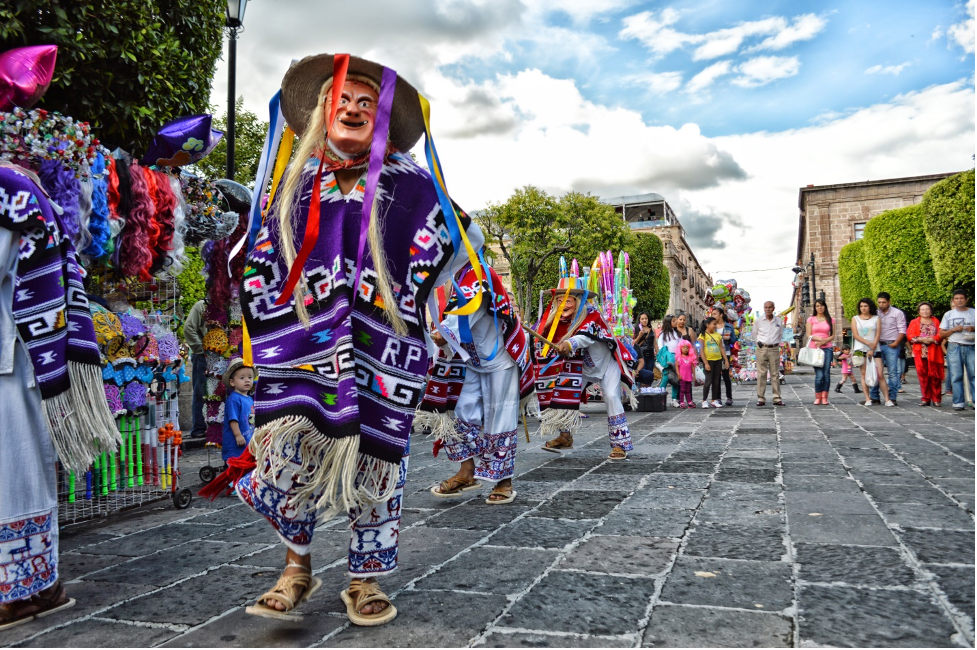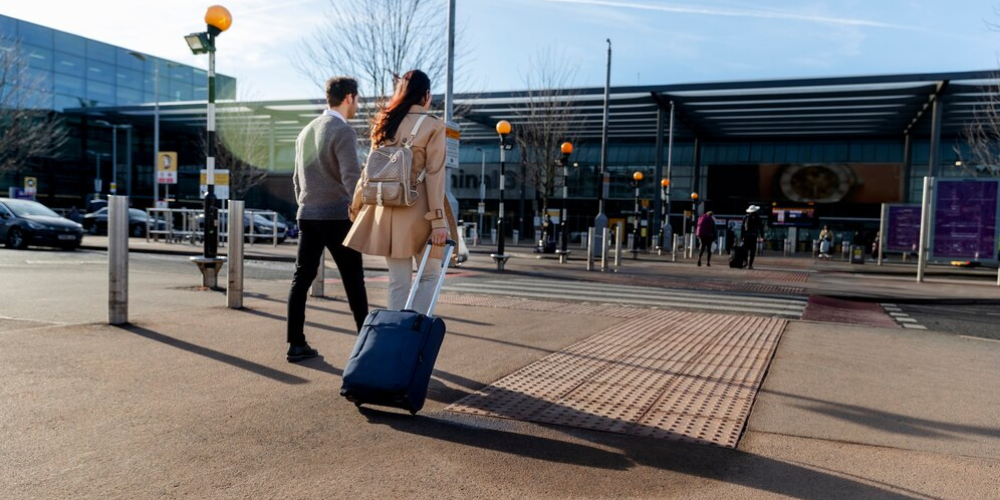Travel isn’t just about exploring new places; it’s about understanding your impact and making choices that benefit the communities you visit and the planet as a whole. If we want to preserve the world’s beauty and diversity, responsible travel habits are no longer optional. This guide covers travel essentials that ensure you’re making a positive difference while enjoying the journey.
1. Recognize the Privilege of Travel
Travel is a privilege, whether it’s your financial stability, good health, or access to certain countries with your passport. Acknowledge this and remain humble. Not everyone has the same opportunities, and your behavior while traveling can set the tone for how others perceive visitors. Being grateful for these opportunities helps foster meaningful and respectful interactions.
2. Choose Sustainable Options

Freepik | Minimize travel waste by using reusable water bottles and shopping bags.
While travel brings joy, it also impacts the planet. From carbon emissions caused by flights to the waste generated during trips, every step leaves a footprint. Start small:
1. Opt for reusable travel essentials like water bottles and shopping bags.
2. Book accommodations that prioritize sustainability.
3. Consider contributing to carbon offset programs when booking flights.
Each choice, no matter how minor, contributes to a larger effort toward responsible tourism.
3. Respect Local Rules and Signs
Whether it’s cultural norms or safety regulations, following local guidelines shows respect for the destination and its people. For example, avoiding restricted areas, even for the perfect photo, not only protects fragile environments but also ensures your safety. Remember, the rules aren’t arbitrary—they exist for a reason.
4. Think Critically About Volunteering
While volunteering abroad might seem noble, not all efforts are equally helpful. Ask yourself if your presence will genuinely benefit the community or if your role could be better served by a local expert. Sometimes, donating funds to support sustainable initiatives is far more impactful than participating in short-term programs that might disrupt local economies.
5. Be Mindful of Animal Interactions
Many travelers seek interactions with animals, but not all experiences are ethical. Avoid attractions that exploit animals for entertainment, such as elephant rides or photo ops with drugged wildlife. Instead, look for sanctuaries or conservation programs that prioritize the well-being of the animals. Signs of ethical practices include natural habitats, proper care, and minimal human interaction.
6. Learn History Through Local Perspectives
Traditional narratives often overlook the experiences of indigenous communities and marginalized groups. Make an effort to learn about a destination’s history from the viewpoint of its local people. This can provide a richer understanding of the region and help break down stereotypes. Engage with museums, cultural tours, or historical sites that focus on indigenous voices and perspectives.
7. Support Local Businesses

Freepik | Choose local over chain businesses to impact tourism positively.
Your spending can shape the future of tourism in a region. Instead of frequenting large chains, support locally owned businesses, restaurants, and artisans. Seek out shops that offer handmade goods or locally sourced products. Your choices can directly benefit families and communities while preserving unique cultural traditions.
8. Give Back to Host Communities
After enjoying the hospitality of a destination, find ways to give back. Small gestures like tipping generously, donating to local charities, or even spreading awareness about responsible tourism can leave a lasting impact. If you’ve had a memorable trip, consider how your resources or skills can help the community flourish.
9. Avoid Judging Other Travelers
Not everyone’s travel style will align with yours, and that’s okay. Some may choose convenience over sustainability due to health, financial, or accessibility constraints. Instead of being critical, share your knowledge in a friendly and non-judgmental way. Travel is a journey of growth, and everyone starts somewhere.
10. Bring Compassion Home
The lessons you learn on the road shouldn’t stay behind. Practice the empathy and open-mindedness you’ve gained during your travels in your own community. Stand against prejudice, promote cultural understanding, and share your experiences to inspire others to travel responsibly.
By incorporating these travel essentials into your journey, you’ll create a more sustainable and enriching travel experience. Being a mindful traveler is about balance—enjoying the world while ensuring its wonders are preserved for generations to come.











